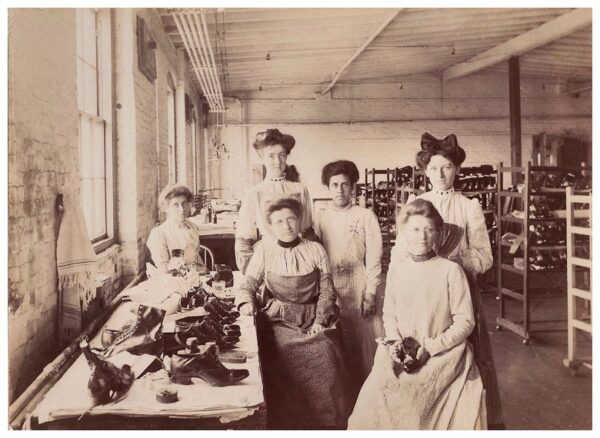Archive for the ‘Uncategorized’ Category

PAY FAIR
In their bid to attract qualified job candidates in today’s high demand- short supply labor market, employers must strictly comply with the California Fair Pay Act.

CAUTIONARY TALE EPISODE 43
COVID SICK LEAVE NOT OPTIONAL
The California Labor Commissioner has cited Bodega Latina Corporation $447,836 for the failure of three southern California El Super grocery stores to provide supplemental paid sick leave (PSL) for 95 workers impacted by COVID-19.

TIGHTEN UP
REQUIRED VACCINATION FOR CERTAIN HEALTH CARE WORKERS
Tightening a statewide order issued only the week previous, the California Department of Public Health (CDPH) is now ordering certain health care providers – including hospitals, surgery centers, and medical clinics – to require COVID vaccination status of all “workers.”

SEXUAL HARASSMENT PREVENTION TRAINING
By this past January 1, California employers with five or more on payroll were to have provided “at least two hours of classroom or other effective interactive training and education regarding sexual harassment to all supervisory employees” and at least one hour of such training and education “to all nonsupervisory employees in California.”

RECALCULATING
On July 15, 2021, the California Supreme Court clarified the calculation for the additional hour of so-called premium pay whenever an employer fails to provide an employee with a compliant meal or rest/recovery period.

MY REAL PAY
At last count, I have practiced law for something like 43 years. While I don’t see hanging up my spurs any time soon, the profession’s rewards do not come close to the enduring satisfaction of my volunteer work in literacy and human rights in West Africa.

HEALTH CARE WORKERS MUST VACCINATE OR REGULARLY TEST
On the rising wave of Delta variant cases, the California Department of Public Health(CDPH) is ordering all health care providers – including hospitals, surgery centers, medical clinics and dental offices – to verify the COVID vaccination status of all “workers” and, for those unvaccinated, to require COVID testing at least once per week. The order also directs strict masking requirements for all healthcare workers whether or not vaccinated.

INDOOR FACE COVERINGS RESURRECTED
Under Cal/OSHA’s revised June 17, 2021 Emergency Temporary Standards (ETS), vaccinated employees only had to wear face coverings indoors for certain outbreaks or in other settings, i.e., public transit, K-12 educational facilities, health care and long-term care facilities, or correctional and detention facilities and shelters.

COMPETITION FREE-FOR-ALL
In an ideal employer-friendly world, business could require workers to sign agreements barring their competing with the company upon termination. California, however, bans most non-competes in the single, unequivocal sentence of Business and Professions Code 16600: “[With very limited exceptions], every contract by which anyone is restrained from engaging in a lawful profession, trade, or business of any kind is to that extent void.”

WORKPLACE COORDINATION, DEFINED
Clear, written workplace policies are a critical component for legal compliance and productivity. Continuing pandemic conditions and California’s lawsuit happy environment underscore the importance of sound, across-the-boards written rules and protocols.
